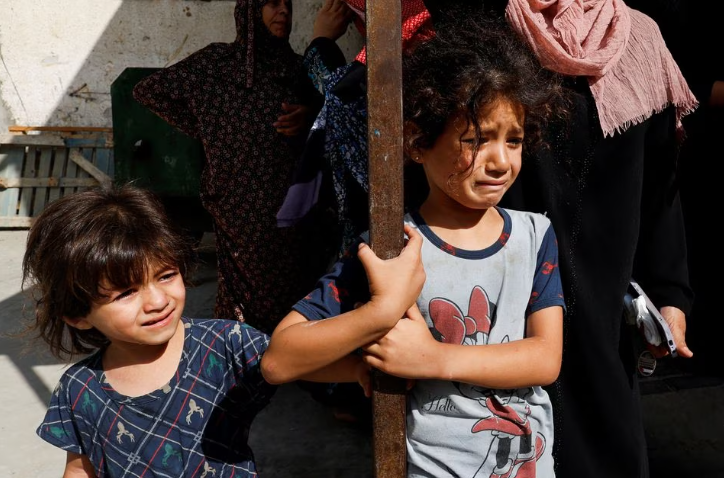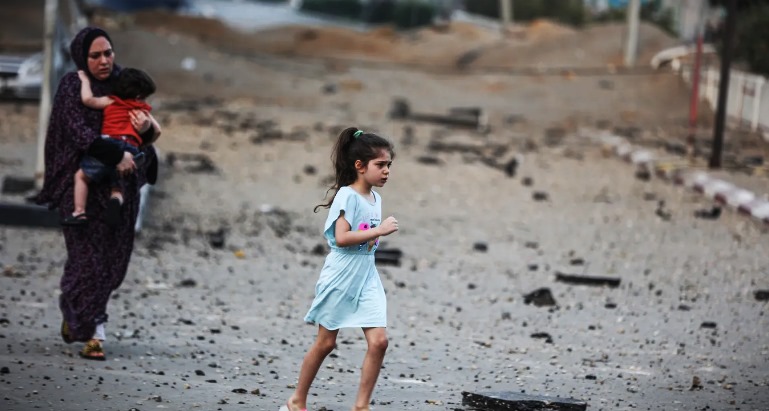In the never-ending cycle of conflict between Israel and Gaza, casualties are inevitable. Among the most heart-wrenching are children who, through no fault of their own, suffer from the lack of adequate healthcare. This blog aims to shed light on the alarming state of healthcare for children in Gaza and what can be done to ameliorate the situation.
The Basics: A Healthcare System in Ruins
Any discussion of healthcare in Gaza must begin by addressing the systemic issues plaguing the region. Underfunded hospitals, scarcity of medications, and outdated medical equipment paint a bleak picture even without considering the challenges of ongoing conflict.
The Impact of Blockades
Gaza has been under a blockade since 2007, which has severely hampered the import of essential medicines and medical equipment. This means that even common illnesses, which would be easily treatable elsewhere, can become fatal.
When Hospitals Become Targets
In conflict zones, hospitals are supposed to be sanctuaries where the wounded can receive treatment. However, in Gaza, they can often become targets of airstrikes and shelling, adding another layer of risk for children in need of medical care.
Real-Life Stories: Children Paying the Price
Consider Sara, a two-year-old who suffered severe burns but could not get the appropriate treatment due to a shortage of burn creams and bandages. Or Ahmed, a teenager who needed a simple surgery for his appendicitis but had to wait for weeks because of overcrowded, under-equipped hospitals.
The Psychological Scars
The physical wounds might heal, but the emotional and psychological scars remain. Many children who have witnessed violence or lost loved ones exhibit symptoms of PTSD, depression, or severe anxiety, conditions that require long-term mental healthcare—another luxury not easily available in Gaza.
Vaccinations and Preventive Care: A Missed Opportunity
In an area where even basic healthcare is hard to come by, preventive measures like vaccinations become even more critical. Unfortunately, immunization programs are sporadic at best, leaving children vulnerable to diseases that could easily be prevented.
The Role of International Aid and NGOs
Several international organizations and NGOs are trying to alleviate the healthcare crisis in Gaza. They bring in emergency medical supplies, offer telemedicine services, and train local healthcare providers. However, the scale of the problem is such that these efforts can only offer partial relief.
How You Can Help
Your contribution can make a real difference in the lives of Gaza’s children. Monetary donations can fund essential medicines, medical supplies, and vaccines. Advocacy and raising awareness about the issue can also go a long way in creating a ripple effect of change.
Conclusion
No child should have to pay the price for conflicts they did not create. While the geopolitical situation in Gaza is complex and fraught with challenges, the innocence of childhood should be preserved at all costs. By contributing to healthcare initiatives and spreading awareness, you can help ensure that the children of Gaza get a fighting chance at a healthier, safer life.



